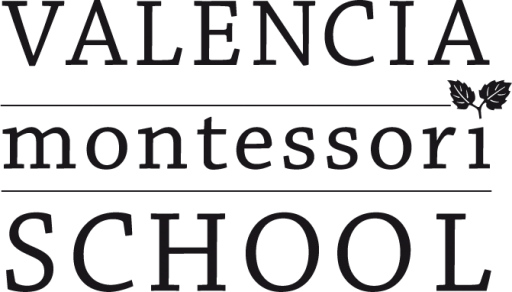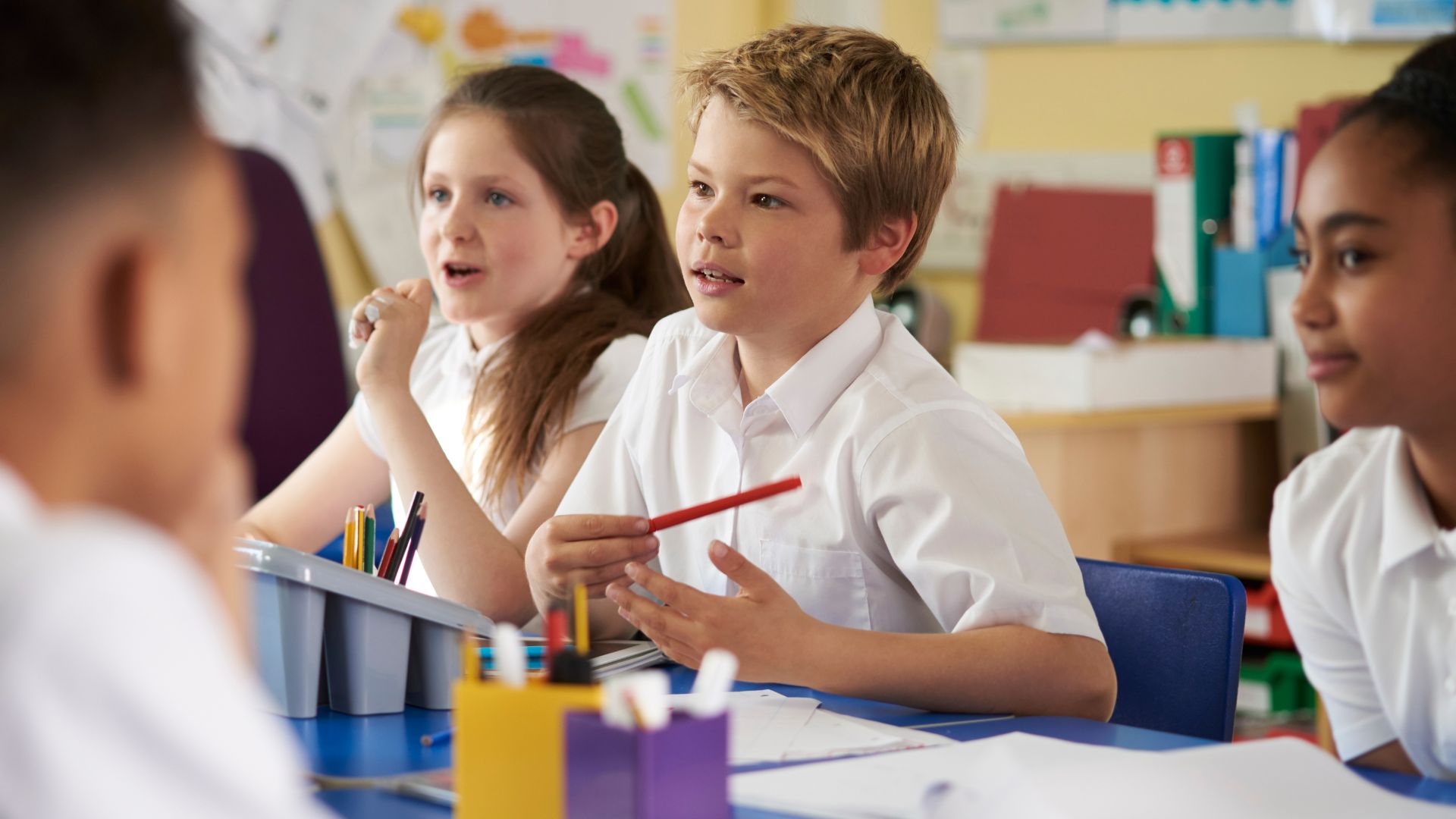In the vast spectrum of education, each child is unique, with different learning styles, developmental paces and particular needs. Special Educational Needs (SEN) stand as a central concept in the quest for inclusive education that recognises and caters for different individual needs.
In this article, we will discuss SEN and explore how the Montessori educational philosophy, known for its child-centred approach, resonates in a special way in addressing these particular needs. We will see how the Montessori method not only embraces diversity, but also offers a unique educational environment that can benefit children with a variety of SEN.
Diversity at Montessori School
In the Montessori School environment, diversity manifests itself not only in the unique composition of each classroom, but also in the pedagogical approach that embraces the uniqueness of each child.
Child-centred approach: recognising individuality
Each child is seen as a unique individual with his or her own strengths, learning rhythms and areas of interest. Montessori education departs from the traditional mould, allowing children to choose their activities according to their inclinations and progress at their own pace. This approach empowers students to be the architects of their own learning, encouraging self-discipline and autonomy from an early age.
Relationship between the Montessori philosophy and SEN
The symbiosis between the Montessori philosophy and Specific Educational Support Needs (SEN) is revealed in the respectful attention adapted to the needs of each child. In a system where individuality is key, SEN are approached with sensitivity. Montessori educators, acting as observant guides, strive to understand the particular needs of each child, adapting the environment and using specific materials to support their holistic development. The flexibility inherent in the Montessori method allows for a personalised response to SEN, promoting inclusion and equal opportunities.
Adaptability of the Montessori Method for SEN
The distinctive strength of the Montessori Method lies in its adaptability, an essential characteristic that allows it to effectively address Specific Educational Support Needs (SEN). Both the Montessori materials and the role of the educator play a crucial role in this adaptive process, creating an educational environment that not only respects diversity, but actively celebrates and supports it.
Montessori materials: tools for individual needs
Montessori materials are precisely designed to address different learning styles and ability levels. This range of sensory and manipulative materials allows children to explore abstract concepts through concrete experiences. In the context of SEN, these materials take on an even more significant value. The inherent adaptability of Montessori materials allows for adjustment of difficulty, complexity and focus, providing a personalised pathway for each child.
For example, in the case of cognitive SEN, Montessori materials can be modified to focus on sensory stimulation, facilitating more hands-on and accessible learning. Similarly, for children with motor SEN, materials can be adapted to develop fine motor coordination and physical skills in a specific and gradual way.
The role of the Montessori educator with SEN
Close observation allows the educator to understand the individual needs of each child and adapt the environment and materials accordingly. This personalised attention contributes to the creation of a supportive environment where each child can progress at his or her own pace.
In the context of SEN, the Montessori educator becomes an expert facilitator, providing specific guidance and support. Open and collaborative communication with parents and specialised professionals becomes a crucial component, ensuring a thorough understanding of the child’s needs and an effective response in the educational setting.
Montessori Training: Opportunities for growth and inclusion
Montessori training, rooted in principles of respect, individuality and adaptability, presents significant opportunities for growth and inclusion in the educational setting.
Social and emotional skills development
In the Montessori environment, inclusion goes beyond academics. Social interaction is an integral part of learning, fostering the development of social and emotional skills. Children learn to respect differences, to collaborate in group activities and to express their emotions in healthy ways. This focus on emotional well-being contributes to an inclusive environment that helps children feel valued and accepted.
Personalisation of learning
The individualised nature of the Montessori method provides exceptional opportunities to personalise learning to the specific needs of each child. For those with Specific Educational Support Needs (SEN), this translates into flexible adaptations in materials and personalised attention from the educator. The personalisation of learning in Montessori becomes a tool to enhance individual skills and strengths, promoting a sense of satisfaction and fulfilment.
Promoting autonomy and self-esteem
Montessori training is fundamentally aimed at cultivating autonomy and self-discipline in each child. For those with SEN, this translates into additional empowerment. By allowing children to choose and participate in activities suited to their abilities, self-esteem and self-confidence are fostered. The sense of satisfaction derived from autonomy contributes to an inclusive environment where each child feels part of the educational community.
Active parental involvement
Inclusion in Montessori education is not limited to the classroom; it actively involves parents in the educational process. Open and collaborative communication between educators and parents allows for a more complete understanding of children’s needs, facilitating effective support strategies both at home and at school. Active parental involvement strengthens the connection between the educational environment and the family environment, creating a unified front for growth and inclusion.
Do you want to know more about Valencia Montessori School? Call us and come and visit us
If you are interested in Montessori education and you would like to know more about our school, do not hesitate to contact us, you can visit the school while we tell you more about this educational method!
